
The Buffalo Bills got punched in the mouth on Sunday night.
The top team in DVOA entering the week, the Bills’ soft interior defense finally got exposed by the Baltimore Ravens. The defensive injuries that Buffalo had mostly been able to mitigate against a soft early schedule against Arizona, Miami and Jacksonville finally bit them, with Derrick Henry parting the Bills’ run defense like it was the red sea. Buffalo allowed 8.0 yards per carry, including an average of 6.1 yards before contact. They gave up six explosive runs – it wasn’t just the 87-yard rush on Henry’s first carry. They allowed 3.3 yards per carry even when loading the box. A forced fumble saved their rush defense DVOA (finishing at -11.2% rather than 9.4%), but of course, it wasn’t just the run defense that had an off night. Buffalo had the second-worst pass defense of the week, behind only the Seahawks who failed to force a single incomplete pass. Add in an offensive DVOA of -22.8%, and you can count the things that went right for Buffalo on one hand.
And, of course, after an embarrassing performance like that, they’ve fallen all the way from first to sixth in the DVOA rankings.
This early in the season, with such a small sample size of games, one big loss like this shouldn’t substantially change your opinion on a team. The Bills are who they were before Sunday – a very good team with some injuries, still trying to get all the pieces to fall into place after some significant offseason personnel changes. Buffalo fans shouldn’t panic – and, to their credit, they really aren’t. We’ve seen far worse September performances from teams that went on to do just fine. Here are the worst losses in Weeks 1-4 for an eventual Super Bowl champion, with the 10 worst games based on DVOA plus two from before DVOA existed.
| Worst Losses by SB Champions in Weeks 1-4 | |||||
| Year | Team | Wk | vs. | Score | DVOA |
| 2003 | NE | 1 | BUF | 31-0 | -85.4% |
| 1993 | DAL | 1 | WAS | 35-16 | -79.8% |
| 2014 | NE | 4 | KC | 41-14 | -75.1% |
| 2016 | NE | 4 | BUF | 16-0 | -71.6% |
| 2018 | NE | 2 | JAX | 31-20 | -57.7% |
| 2018 | NE | 3 | DET | 26-10 | -57.0% |
| 1980 | OAK | 4 | BUF | 24-7 | -55.7% |
| 1996 | GB | 4 | MIN | 30-21 | -53.5% |
| 2001 | NE | 4 | MIA | 30-10 | -49.8% |
| 2011 | NYG | 1 | WAS | 28-14 | -48.4% |
| 1970 | BALC | 2 | KC | 44-24 | — |
| 1974 | PIT | 3 | OAK | 17-0 | — |
Mind you, many teams who suffered big September losses did not go on to win the Super Bowl. (This is the kind of in-depth analysis you’ve come to expect from the experts here at FTN.) It’s just that a loss, even an embarrassing one, isn’t something in-and-of-itself to be worried about this early in the year. The Bills have mostly looked good, they’ll learn, and move on.
“Good team loses to other good team” is not a headline. But what makes this game notable is that this simply does not happen to the Bills. Not in the sense that Buffalo is a good team and win a lot of games – in the sense that we just saw the end of a historic streak of not getting blown out.
Buffalo had gone 43 consecutive regular-season games without losing by more than six points, an NFL record. There are a couple asterisks to that stat, of course. Buffalo lost a playoff game to the Bengals by 17 points in 2022. They also only tied the record for most consecutive games without losing by more than seven points, so we can debate how impressive it is to be one touchdown short of taking the lead compared to one touchdown short of tying the game. But nitpicking aside, Buffalo’s streak of staying competitive, week in and week out, has been incredibly impressive, and it’s worth stopping to take a moment to admire it now that it’s been broken.
| Most Consecutive Regular-Season Games Without Losing by 7 Points | |||||
| Years | Team | Streak | W-L | Pt Dif | Titles |
| 2021-2024 | Buffalo Bills | 43 | 32-11 | 448 | 0 |
| 2009-2012 | Green Bay Packers | 40 | 32-8 | 470 | 1 |
| 1940-1943 | Chicago Bears | 39 | 35-3-1 | 759 | 2 |
| 1921-1925 | Canton Bulldogs | 37* | 31-2-4 | 595 | 3* |
| 1920-1922 | Chicago Bears | 35 | 28-4-3 | 306 | 1 |
| 2021-2023 | Kansas City Chiefs | 34 | 29-5 | 331 | 1 |
| 1965-1967 | Green Bay Packers | 30 | 23-5-2 | 322 | 2 |
| 1997-1999 | Minnesota Vikings | 29 | 23-6 | 316 | 0 |
| 1923-1925 | Chicago Bears | 28 | 17-4-7 | 193 | 0 |
| 2004-2005 | San Diego Chargers | 27 | 20-7 | 277 | 0 |
| 1971-1973 | Miami Dolphins | 27 | 26-1 | 414 | 1 |
*Note: 1920s NFL football was weird. The original Canton Bulldogs were sold and merged with the Cleveland Indians in 1924, and then re-formed back in Canton in 1925 with new management, while the new Cleveland Bulldogs continued to exist. Therefore, figuring out which teams even count for the Bulldogs’ streak isn’t trivial. You could put it at 25, 28, 34 or 37 and have a case. They belong on the table somewhere, and we’re just going to smile and nod and move along and not open up the Pandora’s box that is franchise rights from 100 years ago. Good? Good.
Whenever you have a feat that puts you on a list with the most dominant teams from a century ago, the Lombardi Packers and the current Chiefs, you know you’ve accomplished something special. Not all one-score losses are made equal, of course, but the ability to stay competitive, week in and week out, is a testament to the franchise, from player acquisition through coaching down to the talent on the field.
Slightly more frustrating is the fact that the Bills haven’t cashed that run of success into a championship, like all the other teams that went 30+ games without getting blown out. And the table only lists championships that were won during the streak, so games like the Chiefs’ Super Bowl LVIII win or the Packers Super Bowl I win aren’t included in the total – it’s actually even bleaker than it looks for the title-less teams. It seems very fitting that the longest streaks of being competitive without being champions would go to the Bills, Vikings and Chargers of various eras, as you can’t find more snakebit franchises than those three. Being competitive week-in and week-out is correlated with championship gold, unless you are a generationally cursed team. Good to know!
The recent Chiefs being on this list is interesting, too – they were on a streak of their own until the Broncos thrashed them 24-9 last October. Their streak was a little less impressive than the Bills’ run, despite the better win-loss record. Buffalo’s average game during their streak was a 10.4-point win, while the Chiefs were at 9.7 – the lowest average margin of victory on that list for any team that played outside the 1920s and therefore had, you know, a quarterback and offensive and defensive platoons and a ball physically shaped to be thrown. Despite being on a 10-game winning streak (including the playoffs) with the best quarterback in the world under center, the Chiefs haven’t hit the lofty heights of 28 points since late November. That, somehow, is tied for the longest active drought in the NFL today, with the New England Patriots of all teams. And yet, Kansas City keeps on winning.
| Longest Active Streak Without Scoring 28+ Points | |||
| Team | Games | W-L | Pt Dif |
| Chiefs | 14 | 11-3 | +54 |
| Patriots | 14 | 3-11 | -89 |
| Chargers | 12 | 3-9 | -58 |
| Broncos | 10 | 4-6 | -15 |
| Giants | 10 | 4-6 | -29 |
| Jaguars | 9 | 1-8 | -69 |
| Dolphins | 8 | 2-6 | -119 |
| Rams | 7 | 3-4 | -39 |
| Raiders | 7 | 4-3 | -3 |
| Colts | 7 | 3-4 | -20 |
The advanced stats back up the Bills being better, as well. From 2021-2023, they have averaged a 30.1% DVOA, while Kansas City has averaged a 21.7% mark. And yet, it’s the Chiefs who have shown up in the playoffs, and the Chiefs who have the back-to-back titles to bask in, while the Bills have bupkis.
This all ties back into the long-standing debates of just how much regular-season performance matters in January. How much does it matter if you’re beating teams by 10 points or 50; how important is being able to win tight contests against good teams versus blowing out bad ones. It’s been nearly 20 years since Aaron Schatz first published Guts and Stomps, presumably on some sort of cuneiform clay tablet. This was pushing back on the idea that there is some kind of super-secret winner’s sauce; that the ability to squeeze out tight wins over top opponents revealed some sort of late-game fortitude or clutch gene that would lead to more success in the postseason. To quote the original article:
People want to believe that the teams that can win the close ones are championship teams. But as counter-intuitive as it sounds, championship teams are generally defined by their ability to easily win games over inferior teams.
Football games are often decided by just one or two plays — a missed field goal, a fumble that bounces one way instead of the other, a fourth down where officials spot the ball two inches from the first down marker. One dropped pass short-circuits a last-minute comeback. A cornerback smothers his receiver all day, only to get beat once and give up the winning touchdown.
The team that comes out with the victory in a tight game is one step closer to the postseason. But has that team really proven that it is better than its opponent? There are many times where two teams are evenly matched, and if they played again the next week the result might just as well go the other way.
When a team blows out its opponent, however, one unlucky bounce or missed kick isn’t going to change the result. A lopsided win provides pretty good proof that the winner is a better team than the loser. That’s why the teams that meet on Super Bowl Sunday are usually the teams that won a lot of games by big margins during the regular season.
This was true in 2005. But is it true in 2024? We have this argument every year now with the Chiefs. Kansas City gets off to a slow start; they play down to the level of some inferior opponents in September and October, and we get breathless thinkpieces asking what’s wrong with the Chiefs? And yet, even as the Chiefs squeak past people while the Bills (or 49ers or Cowboys) are destroying quality opponents left right and center, the Chiefs are always the ones laughing at the end of the year.
Tune in tomorrow, and we’ll update Guts and Stomps for the last three seasons to see what it means for the Bills and the Chiefs.








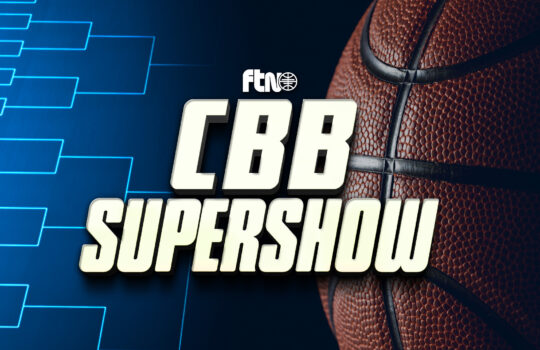




















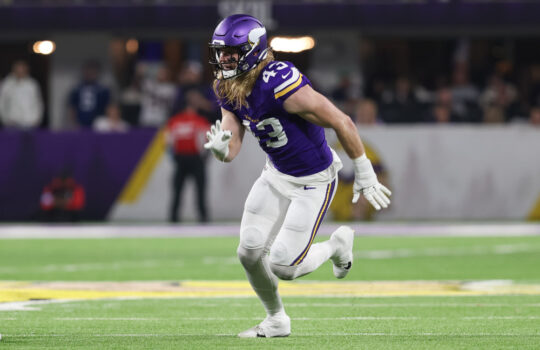



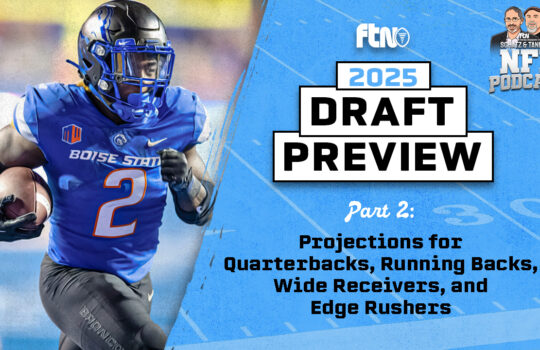

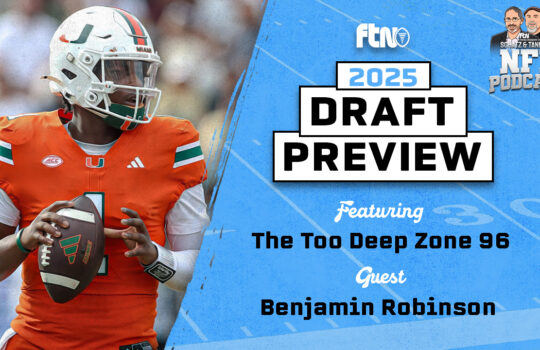
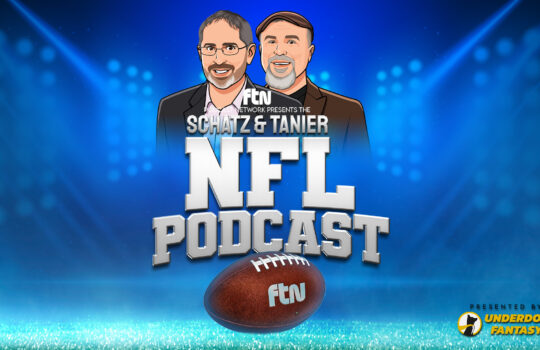






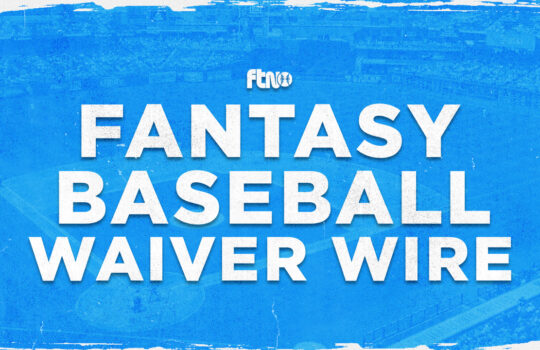

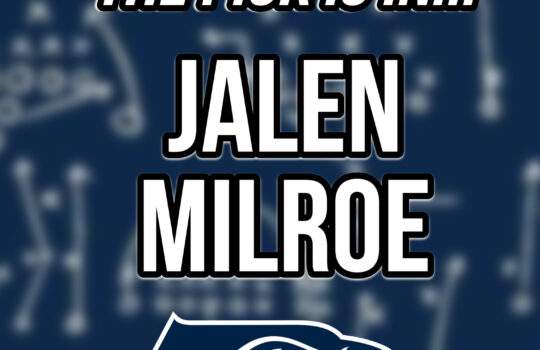

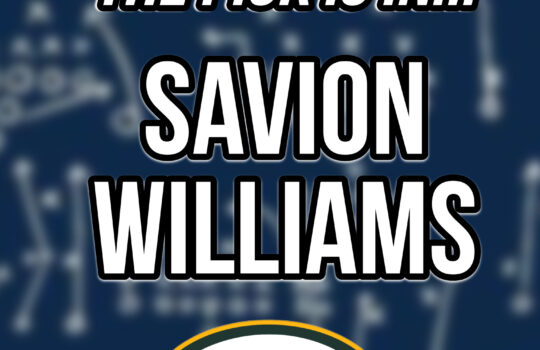
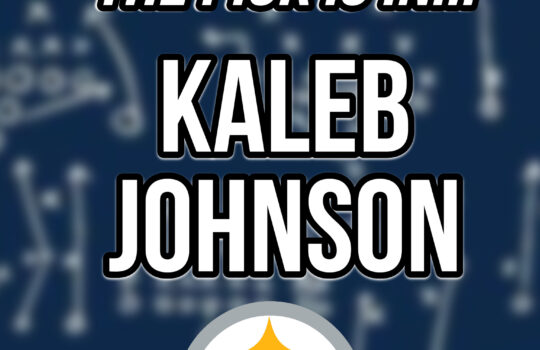

 New York Jets
New York Jets  New England Patriots
New England Patriots 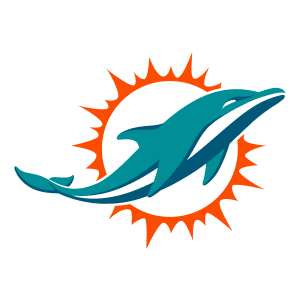 Miami Dolphins
Miami Dolphins  Buffalo Bills
Buffalo Bills  Pittsburgh Steelers
Pittsburgh Steelers  Cleveland Browns
Cleveland Browns  Cincinnati Bengals
Cincinnati Bengals  Baltimore Ravens
Baltimore Ravens 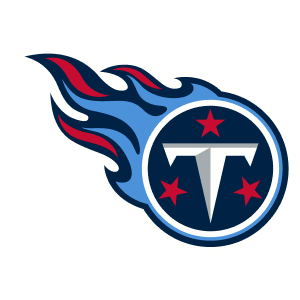 Tennessee Titans
Tennessee Titans  Jacksonville Jaguars
Jacksonville Jaguars  Indianapolis Colts
Indianapolis Colts  Houston Texans
Houston Texans  Las Vegas Raiders
Las Vegas Raiders  Los Angeles Chargers
Los Angeles Chargers  Kansas City Chiefs
Kansas City Chiefs 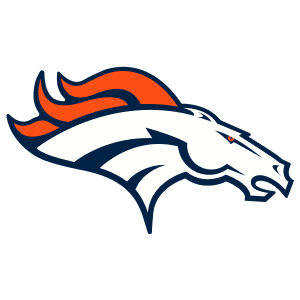 Denver Broncos
Denver Broncos  Washington Commanders
Washington Commanders  Philadelphia Eagles
Philadelphia Eagles 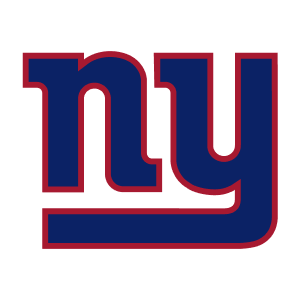 New York Giants
New York Giants  Dallas Cowboys
Dallas Cowboys  Minnesota Vikings
Minnesota Vikings  Green Bay Packers
Green Bay Packers 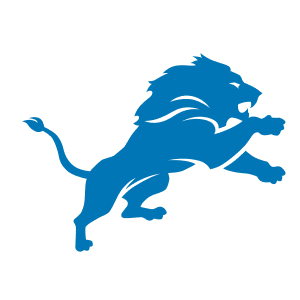 Detroit Lions
Detroit Lions  Chicago Bears
Chicago Bears 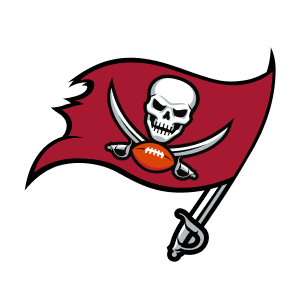 Tampa Bay Buccaneers
Tampa Bay Buccaneers  New Orleans Saints
New Orleans Saints 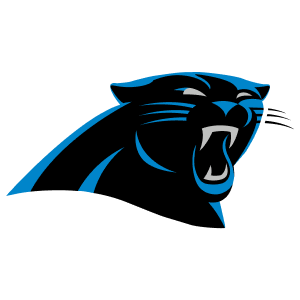 Carolina Panthers
Carolina Panthers 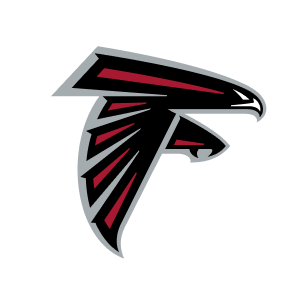 Atlanta Falcons
Atlanta Falcons  San Francisco 49ers
San Francisco 49ers  Seattle Seahawks
Seattle Seahawks  Los Angeles Rams
Los Angeles Rams  Arizona Cardinals
Arizona Cardinals 
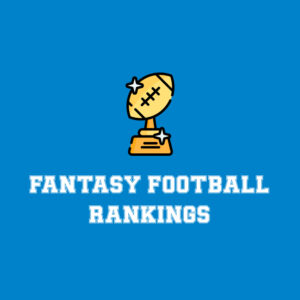
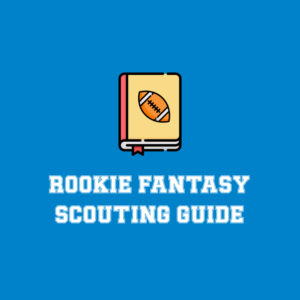






 Boston Celtics
Boston Celtics  Brooklyn Nets
Brooklyn Nets  Philadelphia 76ers
Philadelphia 76ers  New York Knicks
New York Knicks  Toronto Raptors
Toronto Raptors  Chicago Bulls
Chicago Bulls  Detroit Pistons
Detroit Pistons  Milwaukee Bucks
Milwaukee Bucks  Cleveland Cavaliers
Cleveland Cavaliers  Indiana Pacers
Indiana Pacers  Orlando Magic
Orlando Magic  Atlanta Hawks
Atlanta Hawks  Charlotte Hornets
Charlotte Hornets  Miami Heat
Miami Heat  Washington Wizards
Washington Wizards  Denver Nuggets
Denver Nuggets  Minnesota Timberwolves
Minnesota Timberwolves  Oklahoma City Thunder
Oklahoma City Thunder  Portland Trail Blazers
Portland Trail Blazers  Utah Jazz
Utah Jazz  LA Clippers
LA Clippers  Golden State Warriors
Golden State Warriors  Los Angeles Lakers
Los Angeles Lakers  Phoenix Suns
Phoenix Suns  Sacramento Kings
Sacramento Kings  Dallas Mavericks
Dallas Mavericks  Houston Rockets
Houston Rockets  Memphis Grizzlies
Memphis Grizzlies  New Orleans Pelicans
New Orleans Pelicans  San Antonio Spurs
San Antonio Spurs 










